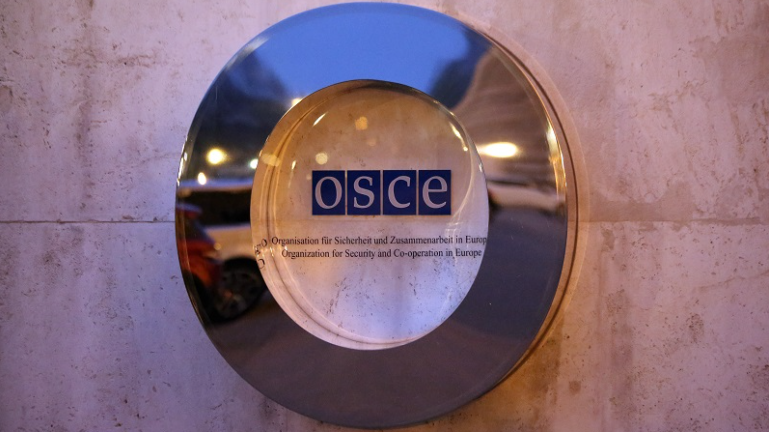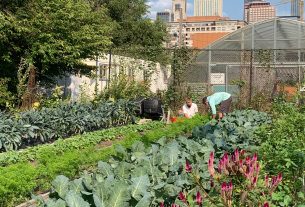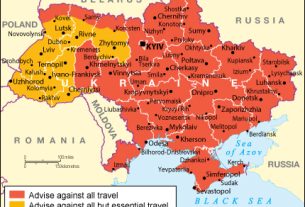Albania’s parliamentary elections on May 11, 2025, were competitive and professionally managed, with authorities successfully organizing out-of-country voting for the first time. However, international observers highlighted significant concerns regarding the misuse of public resources, voter intimidation, and a lack of a level playing field.
Key Findings from International Observers
The joint observation mission, comprising the OSCE Office for Democratic Institutions and Human Rights (ODIHR), the OSCE Parliamentary Assembly (OSCE PA), the Parliamentary Assembly of the Council of Europe (PACE), and the European Parliament (EP), reported that while the legal framework provided an adequate basis for democratic elections, several shortcomings and ambiguities in the laws created uncertainty and limited accountability. Many longstanding recommendations by international observers remain unaddressed, raising concerns about a lack of political will.
Observers noted that the campaign was characterized by hostile and personal attacks, especially by leaders of the two main parties, rather than solution-based debate. This approach deepened public distrust in politics. Farah Karimi, Special Co-ordinator and leader of the OSCE short-term observers, emphasized the need for honest and constructive politics, stating, “The country deserves honest and constructive politics not just on election day, but every day.”
The misuse of state resources was a significant concern. Observers reported that senior government representatives engaged in numerous official events that often overlapped with campaign messaging and included the announcement of social benefit programs and infrastructure projects, giving the ruling party an undue advantage. Simone Billi, Head of the PACE delegation, recognized the valuable work of Albanian institutions in safeguarding the electoral process but noted that progress is still needed in the broader political culture to strengthen public trust and ensure good governance reaches all levels of society.
The media environment was also problematic. Observers found that the independence and diversity of the media were undermined by untransparent financing, ownership concentration, and interference with editorial autonomy, leading to self-censorship among journalists and a negative impact on the quality of information available to the public. Michael Gahler, head of the European Parliament delegation, stated, “The conduct of this election should be seen not only through the prism of a well-run election day, but also factor in unilateral steps ahead of the election that impacted the level playing field.”
Election Administration and Voter Participation
Approximately 3.7 million voters were registered to vote, including nearly 250,000 registered abroad. The inclusion of out-of-country voters marked an important step toward broader electoral participation. Albania is continuing to roll out the use of new technologies through biometric identification of voters and electronic voting. Observers noted generally high confidence in the use of technology, although some concerns were expressed, mainly by the opposition.
The authority responsible for resolving electoral complaints dealt with cases transparently and in public sessions, although its narrow interpretation of the rules on the use of public resources meant that such practices often went unsanctioned. The authority working to combat corruption and organized crime (SPAK) played a positive role in investigating electoral corruption, while closer coordination between SPAK, the election administration, and the General Prosecutor’s Office improved information sharing on election-related crimes.
Conclusion
While the 2025 parliamentary elections in Albania were competitive and professionally managed, the misuse of public resources, voter intimidation, and a lack of a level playing field undermined the democratic process. International observers have called for comprehensive electoral reform to address these issues and strengthen public trust in the electoral system.
OSCE SYMBOL ON WALL Picture by Manfred Werner Creative Commons by-sa 4.0


